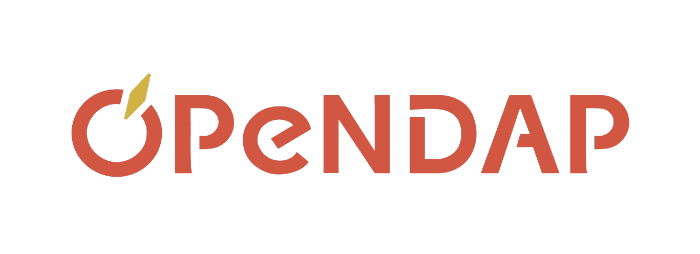What is the problem?
Using geturl, a 3.2 client can read compressed responses from both 3.2 and 3.4.
Using geturl, a 3.4 client can read compressed responses from 3.4 but not 3.2.
Uncompressed responses work without any problems.
Recommendation
The problem is that 3.2 servers return garbled compressed responses. The 3.2 clients, due to a separate problem, don't ever ask a server for a compressed response, so the problem with the responses didn't show up.
When a 3.2 server sends a compressed response, the compressed body winds up preceding the response headers. This results in a response that is too garbled for libcurl to understand.
The fix for the 3.2 servers (introduced in 3.4.0) is to call flush() after the headers, but before the body data, are written.
Why the problem exists: I think this problem shows up because compression is handled by having the body data filtered through a sub-process. The headers are written to a FILE* and then the output of the sub-process is tied to that same FILE*. However, it may be that by using dup2() what is actually happening is that two FILE* are accessing oe underlying file descriptor. By using a flush() call we can synchronize the two writes; without it the xdr calls seem to write data that 'wins the race' (maybe because they are calling flush()?).
What to do about reading from the 3.2 servers?
1) Compression is off by default; warn users about the problem. Tell them how to ask a server its version.
2) Encourage people to upgrade their servers. Explain that a bug will prevent optimal use.
